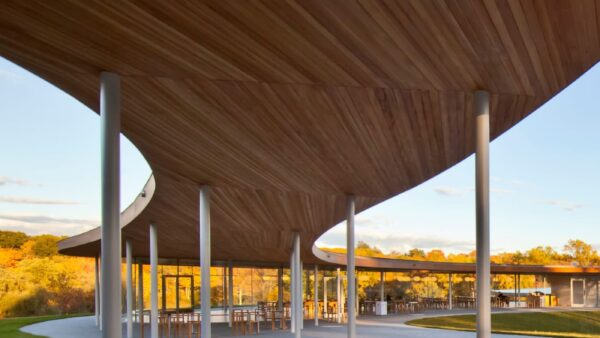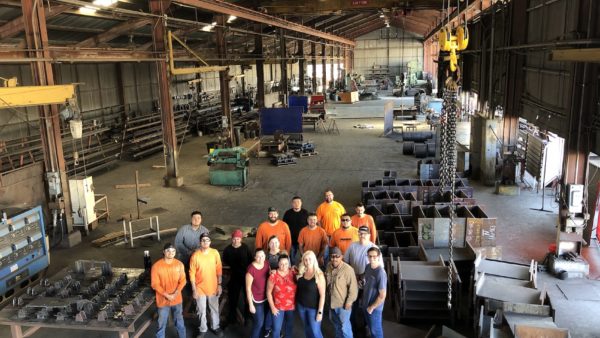In an astonishing development this week Nicaragua’s President Daniel Ortega received Taiwanese President Tsai Ing-wen and pledged to continue the “battle” to have Taiwan recognised as a sovereign country with a seat at the United Nations.
It is astonishing because Ortega (pictured) has pinned Nicaragua’s fortunes on a Chinese-built, $50bn transoceanic canal that would make it a global shipping node to rival Panama, while, for China, Taiwanese sovereignty is a thick red line, the crossing of which makes any government a mortal enemy of its long cherished “One China” policy.
Only 21 small, often poor nations still keep formal diplomatic ties with Taiwan. The number was 22 until December, when the tiny African island nation of Sao Tome and Principe finally switched recognition to China, and, as a result, had a visit from nine big Chinese companies to probe infrastructure possibilities.
Hoping to shore up dwindling support, Ms Tsai visited four of her allies in Latin America this week – Nicaragua, Guatemala, Honduras, and El Salvador. In Nicaragua, the second-poorest country in the western hemisphere, President Ortega used the occasion to try and rally global support for Taiwan’s sovereignty.
“We’re still engaged in this battle, which is a just battle, one of principles, so that the people of Taiwan continue to be incorporated in international organisations attached to the United Nations,” he said, according to Reuters. One of his delegates to the meeting with Tsai, General Alvaro Baltodano, blandly dismissed the idea that this might cause a problem for Beijing. “We’ve always had these warm relations with both China and Taiwan,” Baltodano told Reuters.
This looks like a grave miscalculation, as China is hardly likely to be so easy going. Its One China policy is fundamental to its sense of territorial integrity, prestige and national destiny. Just by taking a call from Tsai Ing-wen in December, US President-Elect Donald Trump sparked a furious diplomatic row, breaking a convention dating back to 1979 when the US officially recognised the People’s Republic.
Trump’s defiant tweeting in response, and Tsai Ing-wen’s stopover, on her way to Nicaragua, in Texas on 8 January to meet Republican Senator Ted Cruz and Texas Governor Greg Abbott, has stirred up tensions to pre-1979 levels. Yesterday a provocative manoeuvre by Chinese warships in the Taiwan Strait caused Taiwan to scramble jets and navy vessels in response.
We’re still engaged in this battle, which is a just battle, one of principles, so that the people of Taiwan continue to be incorporated in international organisations attached to the United Nations– Nicaragua’s President Daniel Ortega
As a result, China is now making support for its One China policy explicit as a condition for its largesse. On 11 January China pledged a further $40bn worth of investment in Nigeria’s infrastructure, and on the same day the Nigerian government pledged to reaffirm its recognition that Taiwan is “an inalienable part of China’s territory”, and closed Taiwan’s government office in the capital, Abuja.
It should be noted that the controversial canal is not technically a Chinese state-backed scheme, in that, unlike countless other projects from railways in Africa to resorts in the Bahamas, it is not financed by Chinese banks.
Instead, it is being developed by Chinese telecoms tycoon Wang Jing, whose company HKND, created for the purpose, was given the right to build and operate the canal by the Nicaraguan government in June 2013. It may be for this reason, in fact, that work on the canal has not yet begun, despite an official groundbreaking ceremony in December 2014.
That’s because Wang cannot fund the estimated $50bn mega project himself, and while HKND has claimed that funding would come from “many countries and many investment sectors”, none have ever been named and various start dates have come and gone. Investors will be wary of the scheme, which has attracted international opprobrium, and which would, even if it is ever built, take decades to begin returning a profit.
Only the Chinese state has the money and, with its global “One Belt, One Road” strategy, the motivation to back and deliver such a scheme. So far the Chinese government has taken a decidedly hands-off approach to the canal, most likely because of Ortega’s historical position regarding Taiwan.
So what can Ortega be thinking?
Two scenarios suggest themselves. The first is that the canal project is dead and, knowing it will never happen, Ortega is just picking up where he left off, diplomatically. The second is that the president desperately wants to revive the project and is brandishing Taiwan as a bargaining chip, setting up a scenario where, in return for a dramatic Nigeria-style pledge to support the One China policy, China can officially back the scheme with its honour intact.
Either way, backing Taiwan seems risky for a country in such need of development as Nicaragua.
Image: Nicaragua’s President Daniel Ortega in 2012 (Creative Commons)
Comments
Comments are closed.











Ortega is looking for international acceptance of the idea of an alternative canal to that of Panama! However he cannot wait on Wang Jing indefinitely due to the lack of sufficient finance! In addition he has to make sure of the maximum support of his Countrymen for the scheme! However only when Panama becomes problematic, if ever, will this world look to such an alternative!
– China’s financial backing in the eventual Nicaragua-canal-building, seems to me less prominent,
taking into account the (clever-) attitude of Panama who suddenlly turned its back to Taiwan, thus
becoming China’s friend and making the latter think twice before engaging into a concurrential mega-
structure.
– The potential “East-West route” in the Arctic Ocean is probably also taken into account.
– (Just personnaly): knowing Nicaragua, I do hope that the Nica-canal-structure never takes place, knowing
the harm it will do to the environment & his poeple living in dito surroundings.